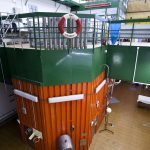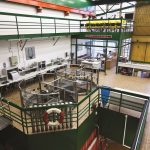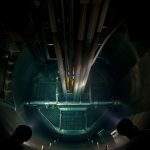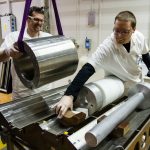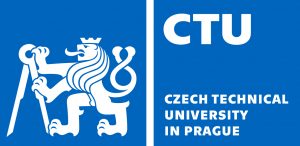 WCZV – website
WCZV – website
Hosting institution: Czech Technical University in Prague
Training Reactor VR-1 is a key experimental facility for education of bachelor, master and Ph.D. students at Czech and foreign universities. The reactor is predominantly used for research and development in the field of safe operation of nuclear installations, theoretical and experimental reactor and neutron physics, nuclear fuel cycle, neutron applications and nuclear analytical methods, e.g. neutron activation analysis. The share of research and development represents approximately 20% of operational time. The reactor is designed particularly for dynamic experiments, which are essential for safe operation of nuclear power plants and research reactor. Research activities carried out by using the reactor are also focused on use of neutron activation analysis in multidisciplinary research in technology, natural and social sciences and humanities (e.g. in archaeology, paleo-anthropology, medicine or in research of historical artefacts), the development a testing of pyro-electric neutron generators, diamante detectors, study of radiation influence to semiconductor memories or study of deep sub-criticalities of the reactor cores. Training Reactor VR-1 has strong linkages to various national and international research organisations as well as to industry. The reactor collaborates with 31 Czech and 23 foreign research organisations. The reactor is a member of national and international educational and research networks such as EERRI (Eastern European Research Reactors Initiative), RROG (Research Reactors Operators Group) or ENEN (European Nuclear Education Network). The reactor has developed also a wide collaboration with the IAEA (International Atomic Energy Agency).
Future development
Training Reactor VR-1 is well established educational and research infrastructure, which has been in the operational phase for almost 27 years. Experimental instrumentation is step-by-step upgraded and new instrumentation is annually installed. Reactor capabilities are extended in use of neutron activation analysis in natural and social sciences and humanities. Nowadays new laboratories with various neutron sources (such as californium source or D-T neutron generator) are under construction. These laboratories extend reactor capabilities in complex testing of new types of detectors. New laboratories focused on nuclear security and neutron detection also are under construction. Building of new VR-2 subcritical assembly is under preparation.
Socio-economic impact
Training Reactor VR-1 offers experimental education in nuclear engineering and neutron applications at high level quality to bachelor, master and doctoral study programmes at national and international level. The reactor also offers new and unique experimental instrumentation, methodologies and research and development outputs in nuclear engineering and neutron applications.
